Oral cancer or might cancer is a type of head and neck cancer. This disease can affect your lips, checks, tongue and throat. Mouth cancer is more common in people over forty. Most of the cases are related to tobacco and alcohol.
Mouth cancer can be detected in its early stages by your dentist during a thorough mouth examination.
If the cancer has not spread to the other parts of the body, a complete cure may be possible using a combination of chemotherapy, radiotherapy and surgery. If the cancer has spread to other parts then the cure is unlikely but it can be slowed down and help relieve symptoms by using surgery, chemotherapy and radiotherapy.
Oral Cancer Treatments:
Surgery: The aim of surgical treatment is to remove any affected tissue while minimizing the damage to the rest of the mouth.
Photodynamic Therapy: when the cancer is in its very early stages, it is very likely to remove any tumours using a type of laser surgery known as photodynamic therapy. PDT involves taking a medicine that makes your tissue sensitive to the effects of light. Then a laser is used to remove the tumour.
Radiotherapy: It uses doses of radiation to kill cancerous cells. The cancer can individually be removed using radiotherapy but it is usually used after surgery to prevent the cancer from reoccurring. Radiotherapy can also affect healthy tissue. Side effects can be red skin, dry mouth, tiredness, stiff jaw, bad breath. Side effects can further be monitored and treated.
Chemotherapy: Chemotherapy is sometimes used with radiotherapy when the cancer is widespread. Chemotherapy involves the use of powerful cancer killing medicines which damaged the DNA of the cancerous cells and this interrupting their ability to reproduce. Medicines may also damage some healthy tissue. Side effects include fatigue, mouth ulcers, sore mouth, feeling sick, hair loss, tiredness. Chemotherapy also weakens your immune system and this making you more vulnerable to infections.
Biological Therapy: these treatments are made from naturally occurring body substances. A biological therapy called cetuximab is used for some mouth and orpharnyngeal cancers. It may also be used alongside radiotherapy for advanced squamous mouth.



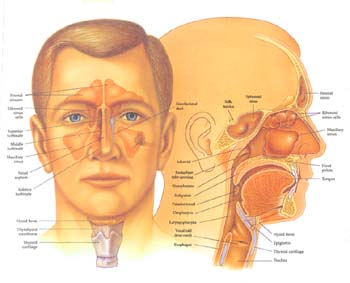
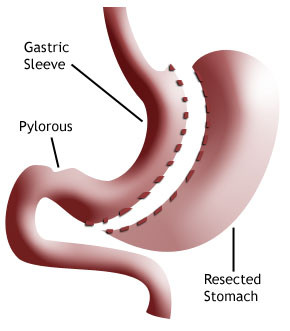


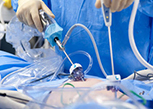










 Jake, Male, 55, UK
Jake, Male, 55, UK
 Sulaiman, Male, 68, Africa
Sulaiman, Male, 68, Africa
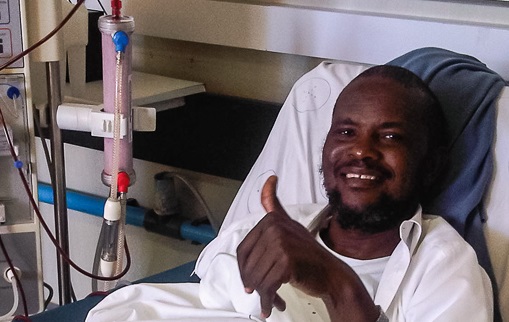 Azizi, Male, 44, Swahill, East Africa
Azizi, Male, 44, Swahill, East Africa
 Abam, 27, Female, Ghana
Abam, 27, Female, Ghana
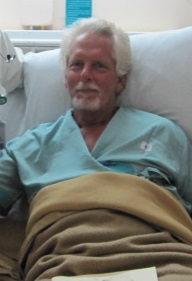 Fazah, 60, Male, Africa
Fazah, 60, Male, Africa
 George, 48 years, Male, UK
George, 48 years, Male, UK
 Jacob, 58 years, Male, US
Jacob, 58 years, Male, US
 Halisi, 40 years, Female, Kenya
Halisi, 40 years, Female, Kenya
 Saarah, 56 years, female, UK
Saarah, 56 years, female, UK
 Adhra, 35 years, female, Tanzania
Adhra, 35 years, female, Tanzania
